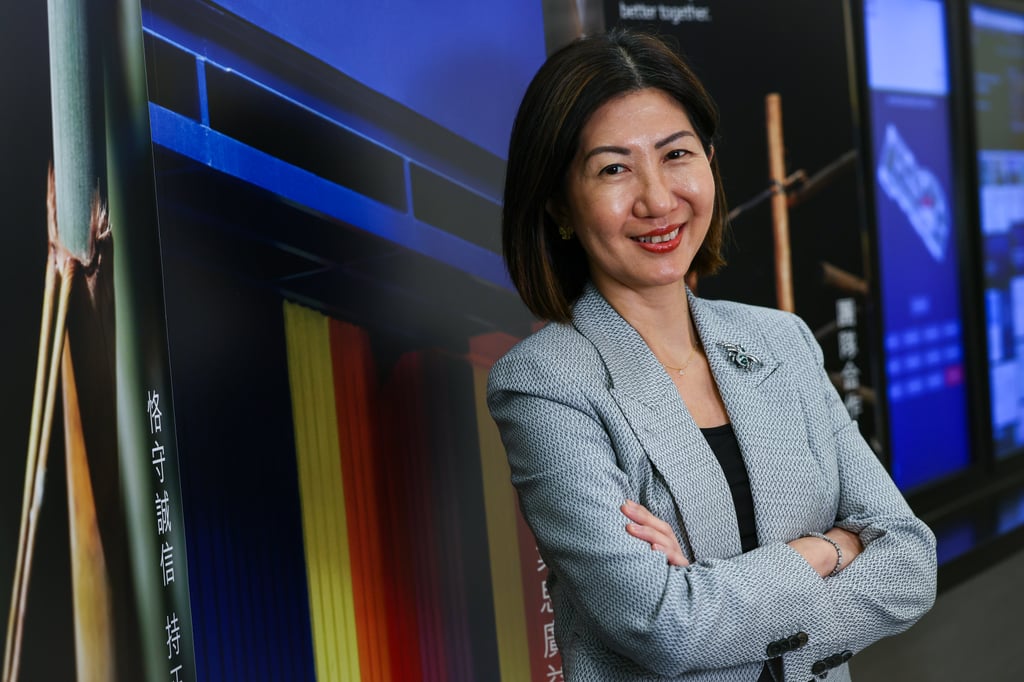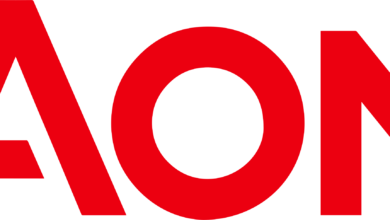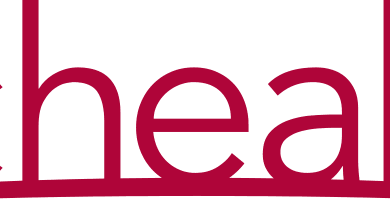Hong Kong IPO applications surge as many in China’s Silicon Valley keen -summit

Shenzhen, widely considered China’s Silicon Valley, is brimming with technology companies eager to list in Hong Kong, where a stock exchange rule change has galvanised pre-revenue unicorns.
Hong Kong Exchanges and Clearing (HKEX), the bourse operator which runs the third largest stock exchange in Asia, is now handling 106 listing applications after 40 initial public offerings (IPOs) in the city this year. The numbers are a big jump over last year’s comparable period, which saw 73 applications and 31 IPOs.
“Hong Kong is the third largest IPO market worldwide this year in terms of number of deals,” said HKEX CEO Bonnie Chan Yiting on Thursday at the HKEX Future Tech Summit in Shenzhen. “We expected more to come as many technology companies are preparing to file listing applications very soon under the new listing regime Chapter 18C,” she added, referring to a listing reform made last year that allows specialist technology firms to list even if they are yet to generate any sales.
Listing candidates in other sectors have to make at least a combined HK$80 million of profit in the three years leading up to their share issue.

HKEX is promoting the Chapter 18C regime in Shenzhen after the exchange saw the first listing under the amended rules in June. Shenzhen-based QuantumPharm, an artificial intelligence (AI) drug researcher, raised HK$989.3 million (US$127 million) in an IPO which was oversubscribed by 103 times.
“Many technology companies require a large amount of capital and investment in the early stages,” said Chan. “It will take a long while for them to reach scale, and they cannot be listed using the traditional standards.”
HKEX introduced the rule to support specialised tech companies by allowing them to raise funds at their early stage of development, she said, and added that it was targeted to turn the city into a specialist fundraising hub for technology companies.
An earlier listing reform made in 2018 allowed pre-revenue biotechnology companies to raise funds, following which 60 companies have listed in the city. This has turned Hong Kong into the world’s second-largest fundraising hub for pharmaceutical companies, behind Nasdaq.
The 2018 reform also allowed companies with differential voting rights to list, paving the way for technology giants such as Baidu, NetEast, Trip.com and Alibaba Group Holding, the owner of this newspaper, to raise funds in Hong Kong. Over 60 per cent of funds raised were via IPOs under the new listing rules that have been implemented since 2018, Chan said.
“Hong Kong stock exchange has provided an opportunity to global investors to share the dividends of innovation made by Chinese companies in a wide range of sectors from biotechnologies, new energy and electric vehicles,” she said.
“We are looking forward to joining hands with the stock exchanges in Shanghai and Shenzhen to create a better future.”
The capital markets of Hong Kong and Shenzhen have a lot of room to cooperate, according to Shi Weigan, executive deputy director of the finance committee office of the Shenzhen Municipal Party Committee, Guangdong Province.
“There are over 100 Shenzhen companies already listed in Hong Kong, including QuantumPharm which was the first listing under Chapter 18C,” Shi said in a speech at the summit. “A large number of Shenzhen companies have also issued bonds in Hong Kong.”
Shenzhen last year invested 188 billion yuan (US$26 billion) in research and development, with 90 per cent drawn from private enterprises, he said. This is equivalent to 5.8 per cent of Shenzhen’s GDP.
“The data showed technology and innovation is the number one driving force for Shenzhen,” Shi said. “With the integration between Hong Kong, Shenzhen and other cities in the Greater Bay Area, the capital markets between Hong Kong and Shenzhen will get closer.”
UBTech Robotics, China’s biggest manufacturer of educational and humanoid robots, was among the Shenzhen-based companies listed in the city, raising HK$1 billion (US$130 million) through an IPO last year.
“The listing has allowed our company to connect to international investors,” said Jimmy Zhang, CFO of UBTech Robotics, at a panel discussion. “Hong Kong is important for us to expand our international footprint.”
Zhang urged Hong Kong’s government to reduce stamp duties and to take steps to enhance trading volumes, to attract more Shenzhen technology companies to list in the city.
SF, whose shares are already listed in Shenzhen, applied to sell shares in Hong Kong earlier this month in a deal expected to raise between US$1 billion and US$1.5 billion, according to market estimates.
Midea Group, the world’s biggest home appliances maker, on Tuesday obtained approval from China’s market regulator for an overseas IPO, taking it a step closer towards a Hong Kong listing in what is expected to be a US$1 billion deal.
Source link

